development
November 29, 2018

Published by Luba Khalili at Nov 29 2018
Categories
Who would have guessed that the best part of childhood is also essential in developing the mind and body? Children's ability to imagine and understand the world around them begins with play. BIED's play labs help them do just that.
November 9, 2015
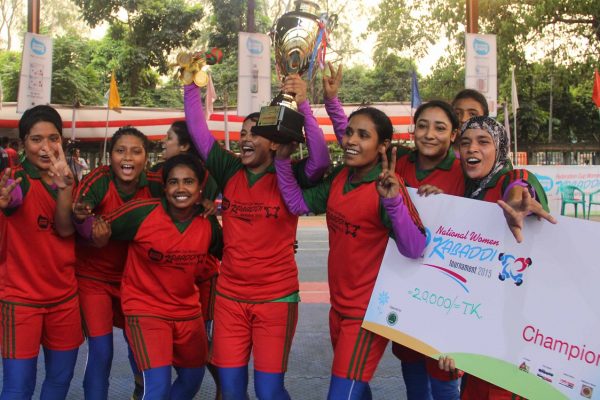
Published by Tanzia Haq at Nov 09 2015
For young girls hailing from disadvantaged communities, activities such as competitive sports not only encourage them to discuss sensitive health issues but also empower them to take up leadership roles in their societies. For women, participating in team sports also enables a sense of unity that helps them be seen as champions within their communities.
June 15, 2015
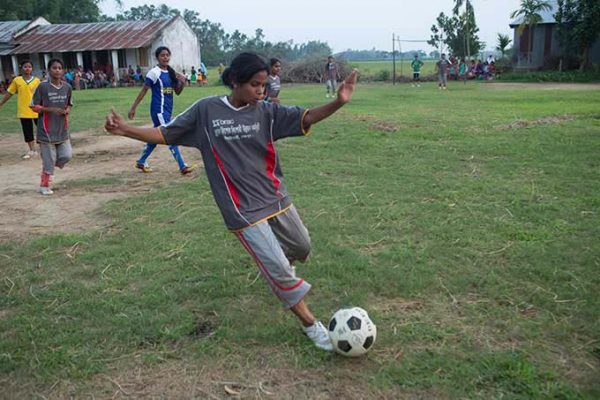
Published by Anushka Zafar at Jun 15 2015
Engaging in sports intrinsically makes you more mindful about your body. You may start speculating how to be healthier – a good entry point for inquiring about your general well-being. For adolescent girls in marginalised communities, these questions can lead to discussions about more sensitive topics, particularly sexual and reproductive health.
November 19, 2013

Published by BRAC at Nov 19 2013
Categories
Watch this short video and learn how you can help support universal access to better sanitation and improved personal hygiene through the work of the poor themselves!
November 18, 2013
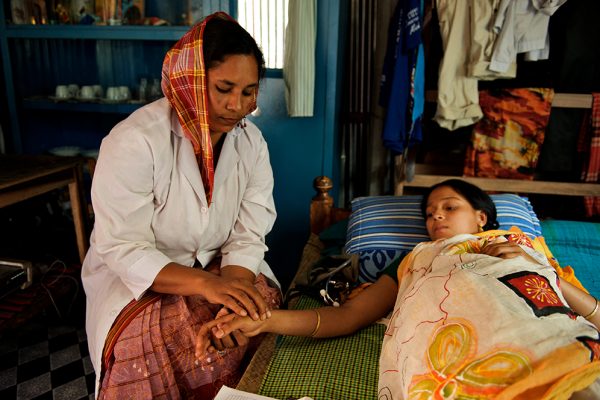
Published by Katie Allen at Nov 18 2013
Categories
GlaxoSmithKline and Save the Children have joined together to create a $1 million Healthcare Innovation Award, awarding $300,000 to BRAC. The funds will be used to pilot BRAC's Manoshi program in Freetown, Sierra Leone, after having tremendous success in the urban slums of Dhaka, Bangladesh.
May 20, 2013
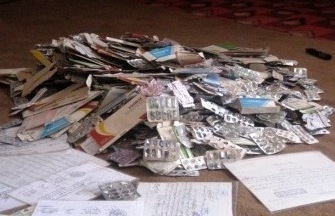
Published by Nazia Moqueet at May 20 2013
Categories
Nazia Moqueet is a Research Associate at BRAC Development Institute and is currently based out of BRAC USA. In March 2013, she was in Yemen to conduct a process evaluation of the CGAP-Ford Foundation Graduation Pilot. She conducted several participant and staff interviews and focus group discussions over a period of two weeks. In this post, originally published at the CGAP-Ford Graduation Pilot program blog, She recalls an encounter with a pilot participant in Taiz.
March 13, 2013
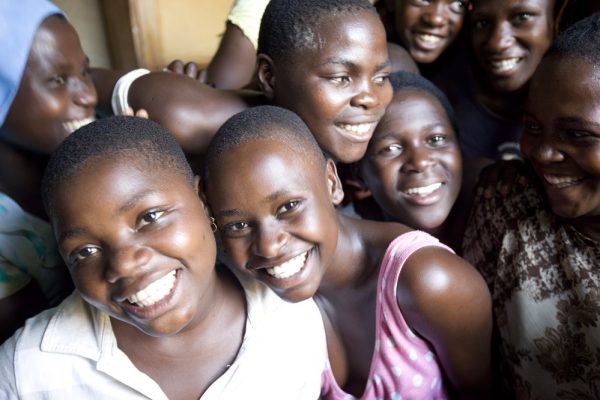
Published by Santhosh Ramdoss at Mar 13 2013
Categories
I remember well the worn-out look in the boy’s eyes when he approached and asked, in a hushed yet clear tone, “Sir, I really need a job. Can you please help me? Your company?”
March 11, 2013
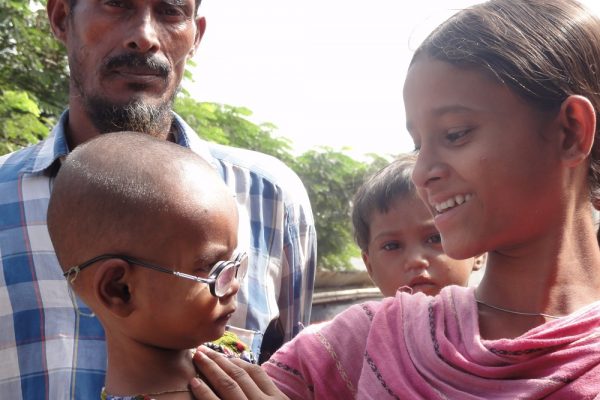
Published by Rod Dubitsky at Mar 11 2013
Categories
It can seem so easy. Give a slum-dweller a three-wheeled vehicle. She creates a mobile tea business. Income increases from 100 Bangladeshi taka to 400 taka per day. She leaves her backbreaking job as a brick-maker, quadruples her income, preserves her health, restores her dignity. Rinse, repeat.
March 7, 2013

Published by Sara Lukey-Smith at Mar 07 2013
Categories
Ajah is nineteen, and attends Bor Secondary School in South Sudan’s remote Jonglei state. In a country with a literacy rate of just sixteen percent for women fifteen years of age and above, Ajah is an exception to the rule. And she is leading the charge to change the rules.
April 3, 2012

In this highly partisan political season, where economic calamity is deemed inevitable if the wrong party is elected, “The Coming Prosperity” is a refreshing new entrant on the bookshelf. It is a book at odds with political rhetoric, but squares nicely with emerging global trends.
October 31, 2011

Published by BRAC at Oct 31 2011
Categories
The following was originally posted by BRAC USA President & CEO Susan Davis in the Huffington Post.The UN has chosen today as a symbolic one on which the world's 7 billionth person might be born. The fact that it's Halloween is, as The New Yorker jokes, "presumably just a coincidence."
November 30, 2010

Last week, BRAC USA received a letter and a donation from James, age 4, for children in Haiti. James dictated this letter to his mother, and in the letter he explains to the children of Haiti, "There is some money coming. I am sending this because I know you don't have money to buy food and things to drink."

